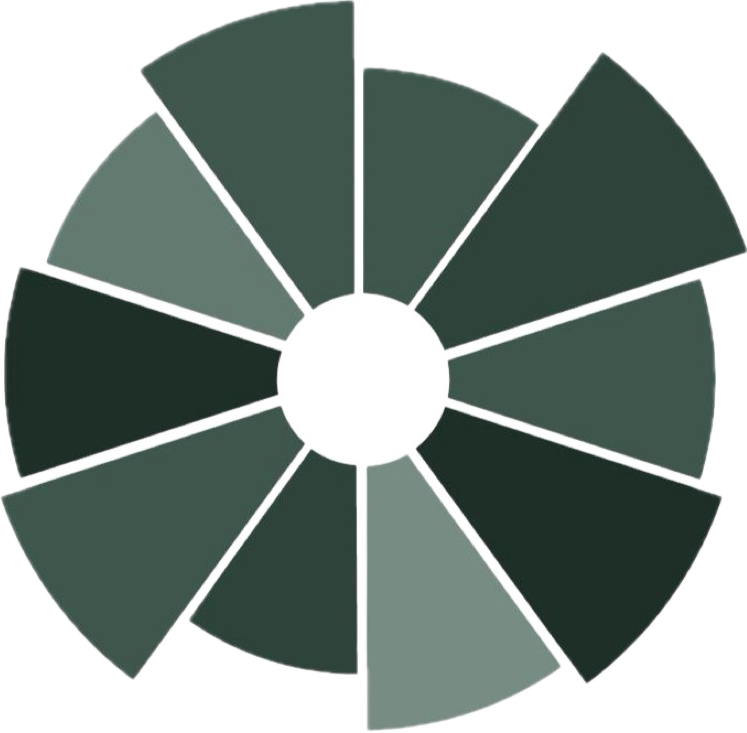Myopia Management in Burlington
"Is your child’s nearsighted glasses prescription worsening each year? Did you know that increased nearsightedness puts you at risk for serious eye conditions later in life?"
What is Myopia?
Myopia (nearsightedness) is the inability to see objects clearly in the distance – for example, trouble seeing the board at school or playing sports that require clear far vision. As a child grows, myopia can worsen as the eyes grow, which requires stronger prescription glasses over time.
What are the Risks of Myopia?
Higher myopia can mean more than just stronger glasses or contact lenses!
Myopia can increase the risk of serious eye conditions later in life, including:
- 3x increased risk of cataracts
- 2x increased risk of glaucoma
- 3x increased risk of retinal detachments
- 100x increased risk of myopic macular degeneration
What are the Treatment Options for Myopia?
Traditional glasses or contact lenses do not slow down or manage nearsightedness.
While myopia cannot be reversed, thankfully we now have well-studied and proven treatment options to slow myopia progression by over 60%!
- Miyosmart Eyeglasses: specialty spectacle lenses that look and function just like regular eyeglasses but use Defocus Incorporated Multiple Segments (D.I.M.S.) technology from Hoya to manage myopia progression by up to 60%. This is an excellent non-invasive method for patients that would like to wear glasses full-time
- MiSight and Abiliti Soft Contact Lenses: specially designed soft contact lenses with ActivControl Technology from CooperVision (MiSight) and RingBoost Technology from Johnson & Johnson (Abiliti) that are worn during the day and removed before bed each night. These lenses have been shown to reduce myopia progression by almost 60%.
- Low-dose Atropine Eye Drops: medicated prescription eye drops that are instilled into both eyes each night before bed, controlling the eye’s focusing ability and allowing for over 60% reduced myopia progression with minimal side effects.
- Orthokeratology (Corneal Reshaping Therapy): rigid contact lenses that are worn while sleeping to gently reshape the surface of the eye (the cornea). In the morning, the lenses are removed, and vision is clear throughout the day without glasses or contact lenses. These have been shown to reduce progression up to 50%.
Myopia is both genetic and environmental in nature. We advise that children limit their time on electronic devices, take breaks from near work every 20 minutes, and spent at least 2 hours per day outside (with sunglasses protection). Annual eye exams are also important to monitor progression, especially if one or both parents are nearsighted.
When should Myopia Management be started?
We recommend starting myopia management as soon as nearsightedness is detected, and especially if the myopia is worsening at your child’s annual or 6-month visits. The earlier myopia is detected, the better our chances are of slowing it and reducing risk factors for ocular disease.
Call us to make an appointment with one of our optometrists, and we can discuss which methods of myopia management would be best for your child!
